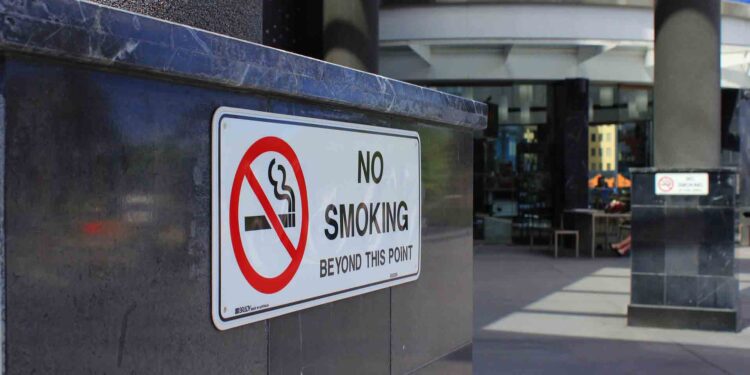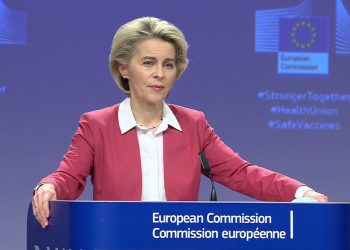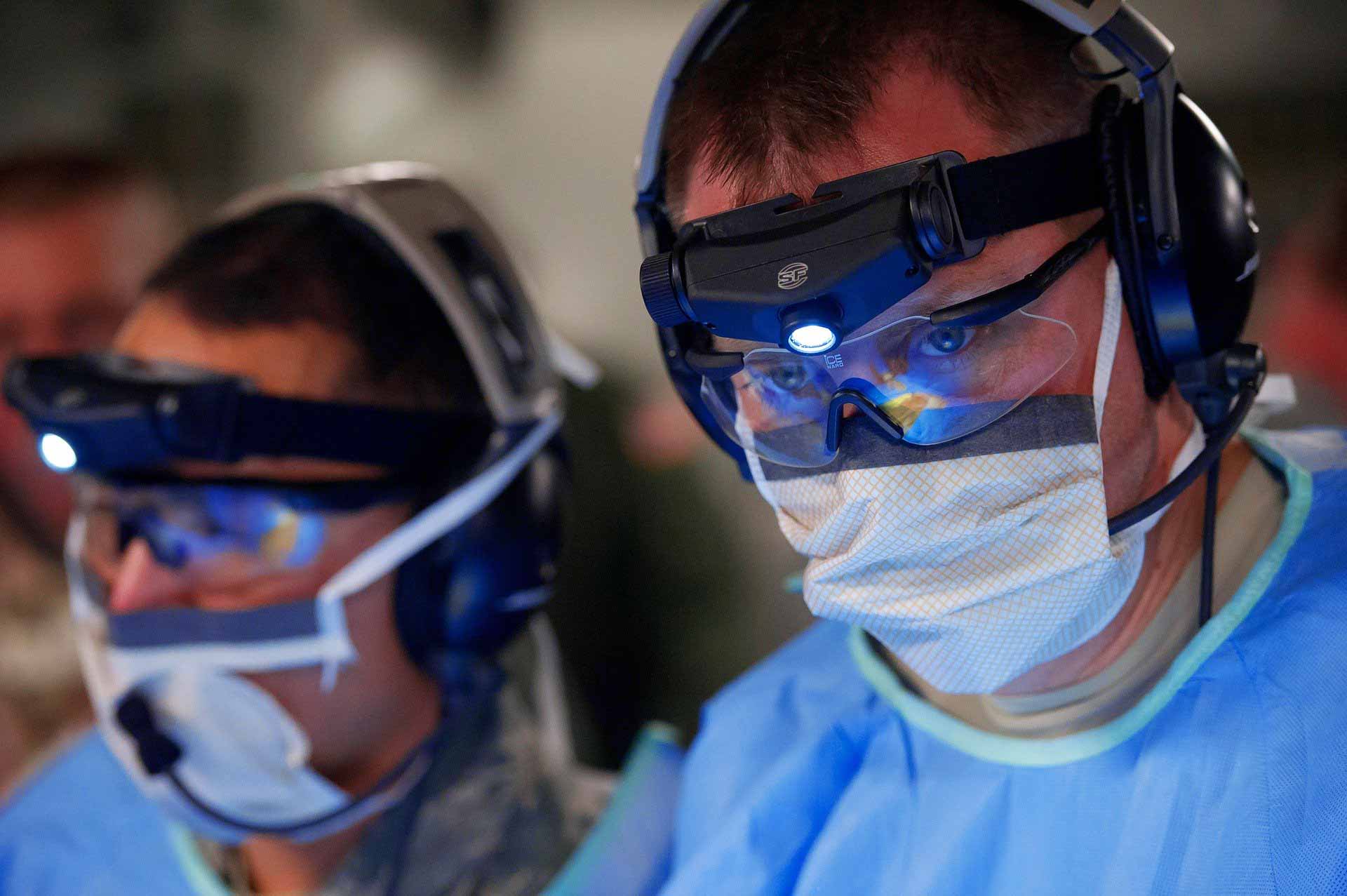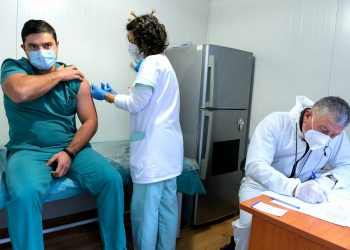Completely smoke-free environments protect smokers and non-smokers, reduce tobacco use in current smokers and also help those who want to quit. Tobacco consumption is the single largest avoidable health risk, and the most significant cause of premature death in the EU, responsible for nearly 700,000 deaths every year. Around 50% of smokers die prematurely (on average 14 years earlier).
Despite considerable progress made in recent years, the number of smokers in the EU is still high – 26% of the overall population and 29% of young Europeans aged 15-24 smoke.
In 2020, 2.7 million people were diagnosed with cancer and another 1.3 million people lost their lives to it in the European Union. In addition to causing heavy physical and emotional distress for patients and those around them, it places a heavy burden on our health systems, our economy, and on our society. The overall economic impact of cancer in Europe is estimated to exceed €100 billion annually.
Protecting EU citizens from passive smoking

Breathing in other people’s tobacco smoke, or second-hand smoke, puts you more at risk of heart disease, lung cancer, stroke and nasal cancer. Seeing other people smoke also encourages more smoking. The less smoking young people see around them, the less likely they are to become smokers themselves. Not seeing people smoking tells young people that being smokefree is a normal way of life, and smoking is the exception not the rule.
The 2009 Council Recommendation strengthened smoke-free legislation within public spaces, as well as EU cooperation on tobacco control.
According to the implementation report of 2013, 17 EU countries had comprehensive smoke-free legislation in place. Among these, Ireland, Greece, Bulgaria, Malta, Spain and Hungary have the strictest smoke-free provisions with a complete ban on smoking in enclosed public places, on public transport and in workplaces, with only limited exceptions allowed.
Status on the various smoke-free regulations in the EU

In February 2013 the Commission published a report summarising the state of implementation of the Council Recommendation on smoke-free environments of 2009. The report finds that:
- All EU countries have adopted measuresto protect citizens against exposure to tobacco smoke, but the national measures differ considerably in extent and scope
- Complex legislation (i.e. legislation with exemptions) is found to be particularly difficult to enforce in some EU countries, making enforcement a problem
- The actual exposure rates for EU citizens dropped from 2009 to 2012 (e.g. for citizens visiting bars and pubs the exposure rate dropped from 46% to 28% and for citizens visiting restaurants this rate dropped from 31% to 14%)
- Belgium, Spain and Poland are examples of countries where the adoption of comprehensive legislation led to very significant drops in tobacco smoke exposure within short time period
- The health effects of smoke-free legislation are immediate and include a reduction in the incidence of heart attacks and improvements in respiratory health, while the economic effect of smoke-free legislation is positive or neutral
- The actual exposure rates for EU-citizens visiting drinking or eating establishments is also assessed in the context of the Eurobarometer. According to the latest figures (2017) actual exposure rates dropped further to 20% (bars and pubs) and to 9% (restaurants).
EU Council Recommendation on smoke-free environments
The Council Recommendation on smoke-free environments adopted as the result of consultation and legislative process, on 30 November 2009, calling on EU countries to act in three main areas:
- Adopt and implement laws to fully protect their citizens from exposure to tobacco smoke in enclosed public places, workplaces and public transport, within three years of the adoption of the Recommendation
- Enhance smoke-free laws with supporting measures such as protecting children, encouraging efforts to give up tobacco use and pictorial warnings on tobacco packages
- Strengthen cooperation at EU level by setting up a network of national focal points for tobacco control
Smoking is responsible for 15-20% of all European cancer cases
A whole-of-society effort. In a strong European Health Union, cancer becomes a shared political, operational and scientific priority.
Margaritis Schinas, Vice-President of the European Commission
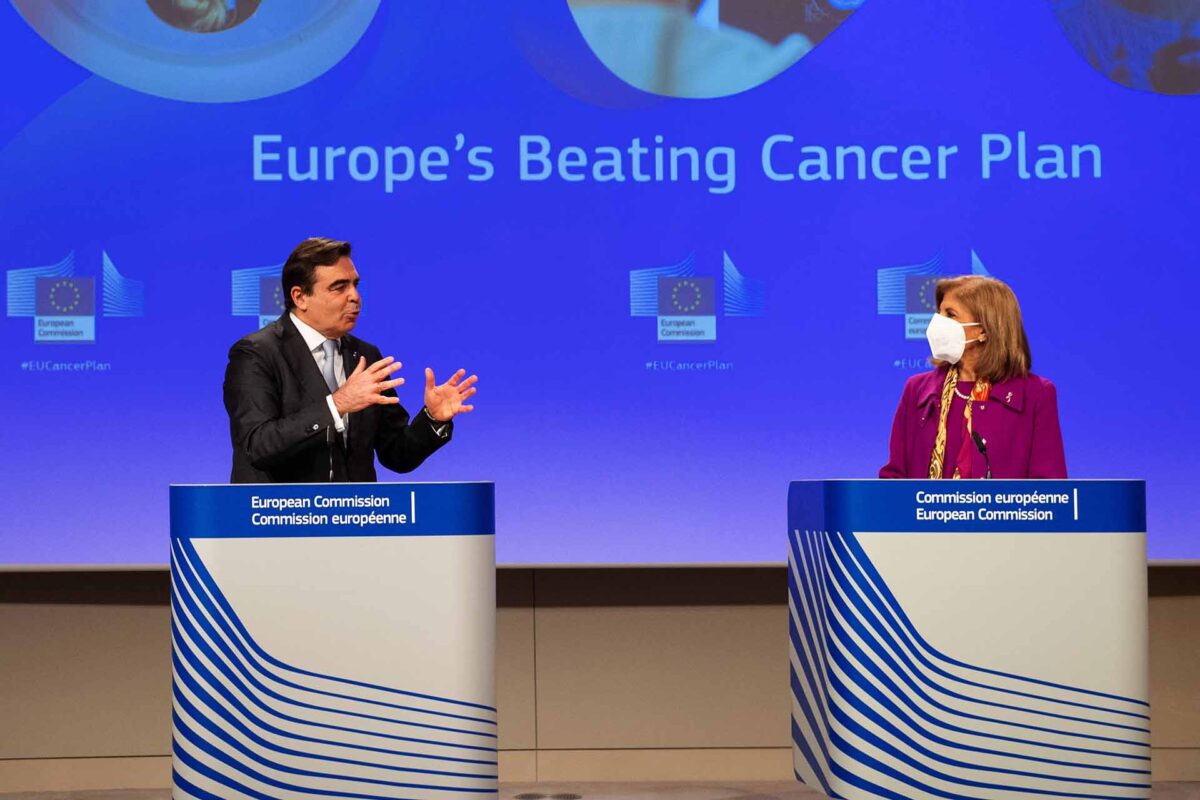
The Commission will propose an update to the Council Recommendation on Smoke-Free Environments and recommend extending its coverage to emerging products, such as e-cigarettes and heated tobacco products. The Cancer Plan will also give new impetus for Member States to improve the enforcement of existing legislation within their overall tobacco control strategies, including sales to minors and smoking cessation campaigns.
This is what we want to achieve with our Cancer Plan – making concrete impact for cancer care over the coming years. For me this is not just a political commitment, it is a personal commitment.
Stella Kyriakides, Commissioner for Health and Food Safety
International cooperation in Smoke-free environments
The EU is also working with its international partners to reduce global tobacco consumption. EU countries, together with the European Commission, are active partners in the WHO Framework Convention on Tobacco Control (FCTC), a legally binding international treaty that aims to reduce the health and economic impact of tobacco consumption. Conferences of the Parties of the Convention take place every second year where they take decisions, adopt protocols, and issue guidelines.
The WHO Framework Convention on Tobacco Control (WHO FCTC) requires Parties to legislate to provide protection from exposure to tobacco smoke in public places.
Europe’s Beating Cancer Plan
Cancer is one of the main priorities of the European Commission in the health domain. President von der Leyen´s political guidelines refer to “a European plan to fight cancer, to support Member States in improving cancer control and care” to reduce the suffering caused by this disease and for Europe to take the lead in the fight against cancer.
Europe’s Beating Cancer Plan, presented in February 2020, is the EU’s response to growing challenges and developments in cancer control and represents a political commitment to leave no stone unturned in the fight against cancer. Built around ten flagship initiatives, and several supporting actions, it forms part of the Commission’s proposals for a strong European Health Union with a view to ensuring a more secure, better-prepared and more resilient EU.
Europe’s Beating Cancer Plan supports Member States’ work to prevent cancer and to ensure a high quality of life for cancer patients, survivors, their families and carers and is structured around a number of key areas where the EU can add most value:
- prevention
- early detection
- diagnosis and treatment
- quality of life of cancer patients and survivors
European Health Union
The Cancer Plan isamong other Commission priorities, notably the Pharmaceutical Strategy for Europe and the EU Farm to Fork Strategy as well as the planned European Health Data Space (expected by 2025). Cancer is one of the proposed European research and innovation missions and part of the Horizon Europe framework beginning in 2021.
The EU4Health (2021-2027) programme will provide financial and technical support to Member States, helping efforts to strengthen health systems.
Cancer is a major health issue as referred in Article 168 TFEU, which gives the EU the competence to support, coordinate or supplement the actions of the Member States for the protection and improvement of human health.
The European Commission has been working on cancer since 1985 with EU Member States and civil society, in close collaboration with the World Health Organisation, the Joint Research Centre and the International Agency for Research on Cancer.

